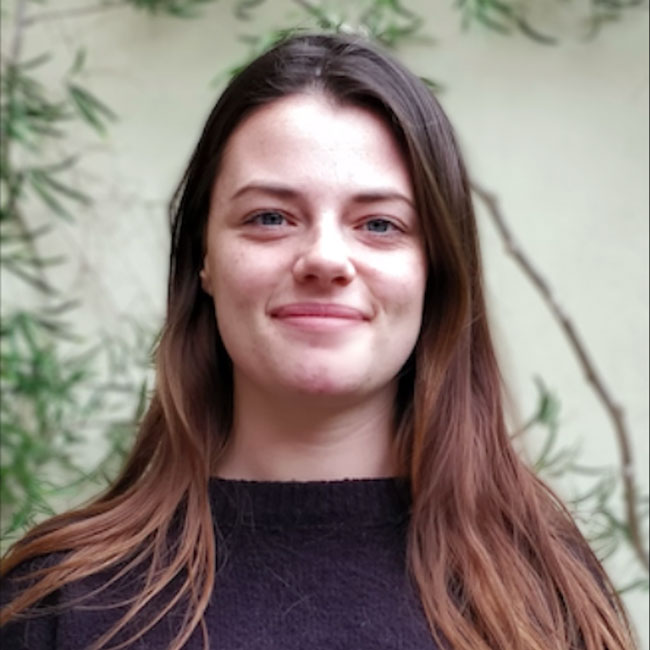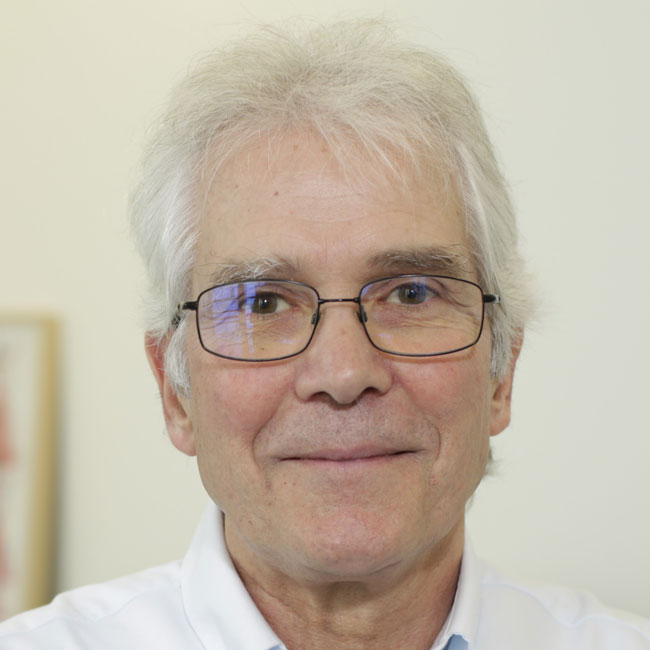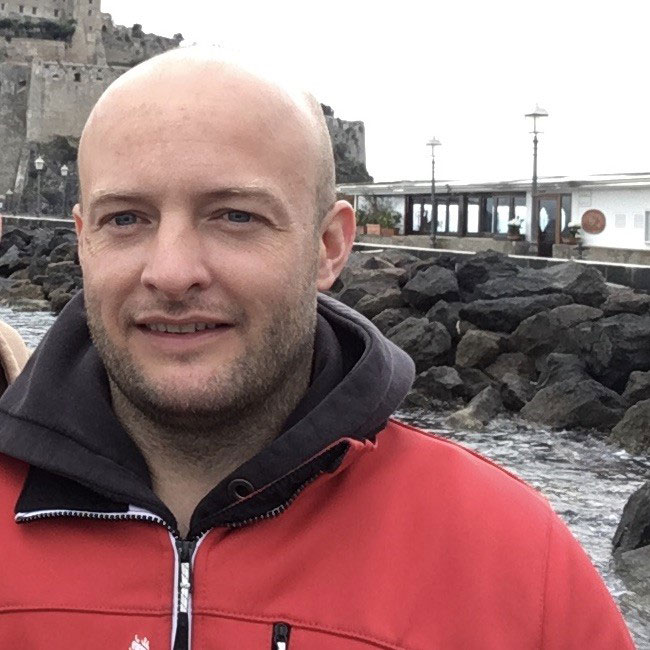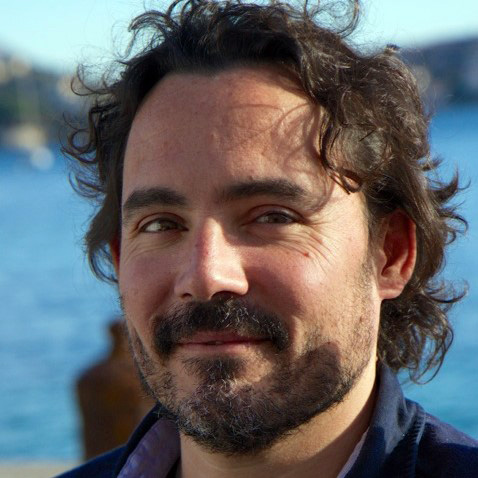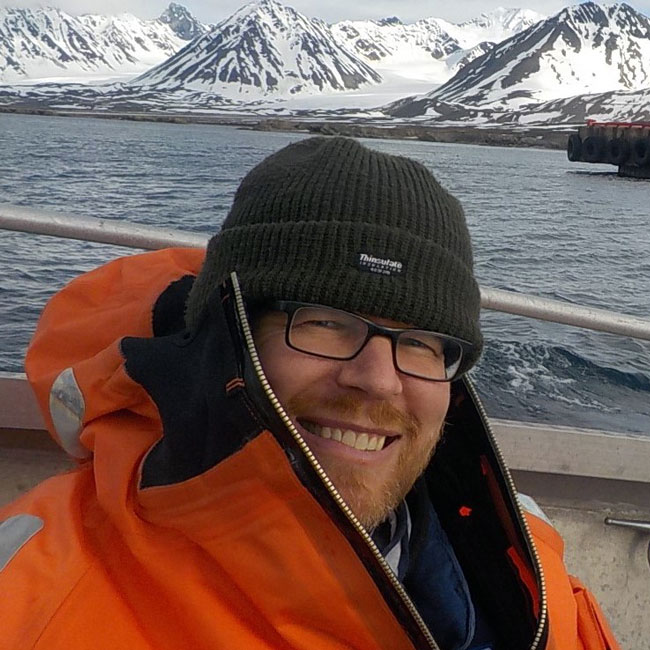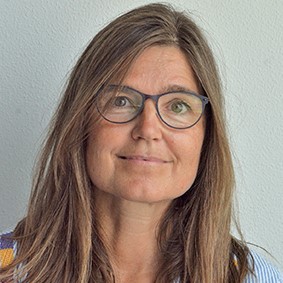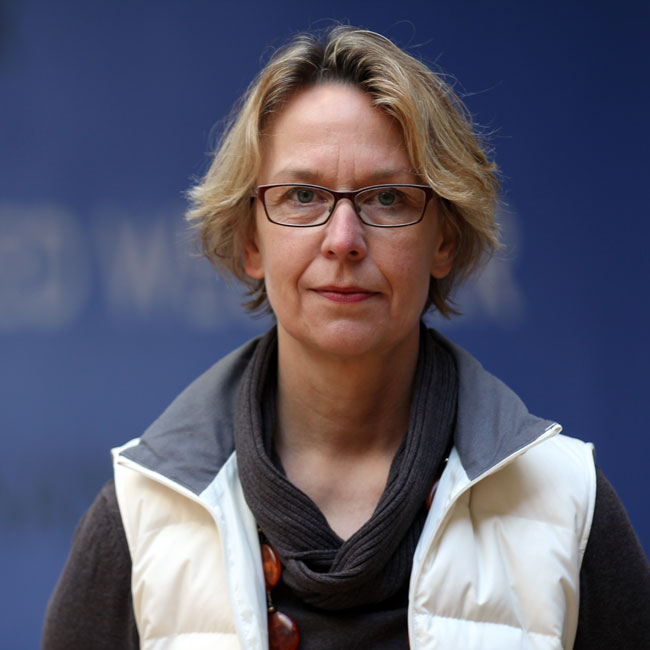Anaïs Lebrun: First FACE-IT PhD thesis defended
[Published 25 October 2023]
On 23 October 2023, Anaïs Lebrun successfully defended her PhD thesis, entitled “Responses of shallow arctic benthic communities to climate change”. Anaïs is working within the FACE-IT project at the Laboratoire d’Océanographie de Villefranche, LOV, which belongs to Sorbonne University. She co-conducted large scale mesosocm experiments in Ny-Ålesund, Svalbard, and Tromsø, Finmark. A more extensive summary can be found below.
Congratulations, Anaïs!
Anaïs was supervised by Jean-Pierre Gattuso, Steeve Comeau, and Frédéric Gazeau of Sorbonne University.
The committee members of the defense were:
– Catherine Boyen, Station Biologique de Roscoff, France (president)
– Kai Bischof, University of Bremen, Germany (rapporteur)
– Dorte Krause-Jensen, University of Aarhus, Denmark (reporter)
– Inka Bartsch, Alfred Wegener Institute, Helmholtz Centre for Polar and Marine Research, Germany (reviewer)
– Ryan Kelly, University of Washington, USA (reviewer)
Abstract
Since the beginning of the 20th century, the average surface air temperature in the Arctic has risen by around 2 to 3°C. This rapid rise in temperature is leading to a year-on-year reduction in the extent of the Arctic cryosphere. Melting ice leads to increased turbidity and reduced salinity in coastal waters, resulting in changes of natural habitats. In addition, with ongoing warming, the shallow coastal Arctic is experiencing an increase in the frequency, intensity and duration of marine heat waves. All these changes can have profound repercussions on the Arctic marine ecosystem, affecting the distribution and behavior of the organisms that live there. The main aim of this thesis is to analyze the effects of climate change on benthic communities in the shallow Arctic, in particular kelp forests, which are home to a high level of biodiversity. By modifying light, sedimentation, physical abrasion and bottom currents, kelp forests provide a habitat, food source and breeding ground for fish and invertebrates. In the short term, the increase in water turbidity induced by melting snow and land ice will trigger a local remodeling of communities, limiting the expansion of some species but giving others a competitive advantage, such as Alaria esculenta in low-light areas. In the longer term, the melting of glaciers and sea ice will expand the potential habitat range of kelp which, as this thesis suggests, should be able to withstand rising temperatures, marine heat waves, and decreasing salinity and underwater light. However, the disappearance of ice, particularly glaciers, which serve as habitats for top predators, could lead to the decline of these crucial species regulating ecosystem diversity and induce, as in Tromsø but also in other Norwegian fjords or in south-west Alaska, a significant reduction in kelp populations due to an overabundance of herbivores, particularly sea urchins. Further research into the responses of Arctic coastal communities is needed to refine our predictions and provide sound scientific recommendations for ecosystem management. To study the long-term effects of climate change, ex situ experiments spanning several months and in situ monitoring programs in several Arctic locations appear essential.
Photos: Kai Bischof & Inka Bartsch
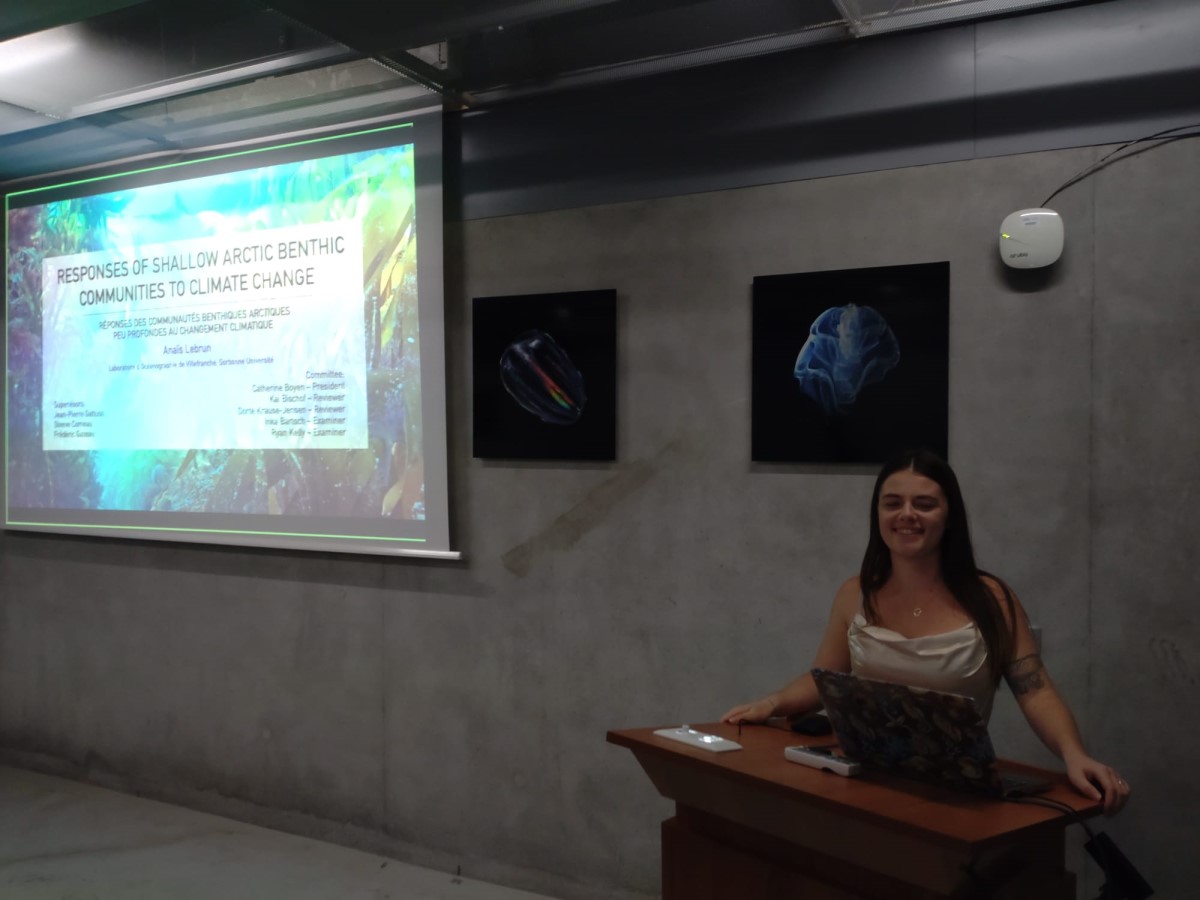
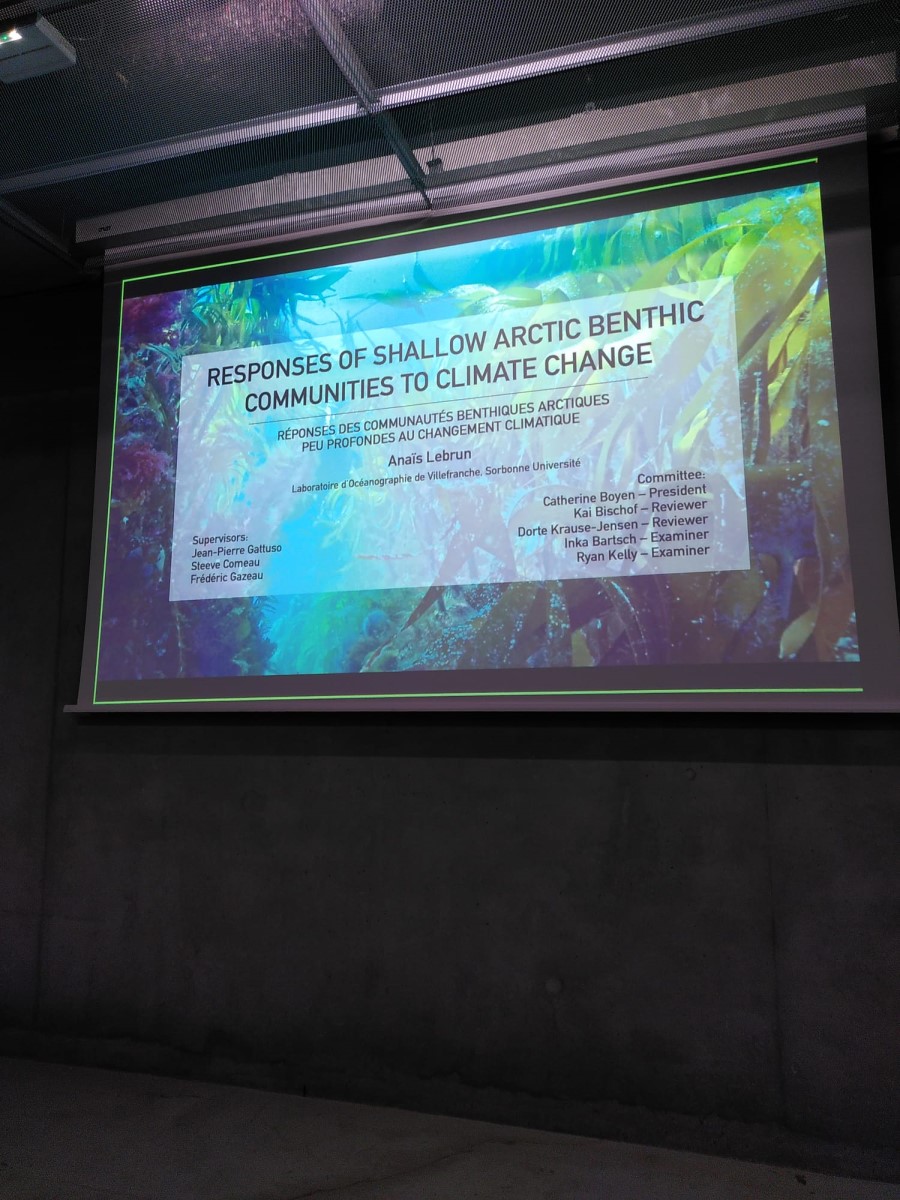
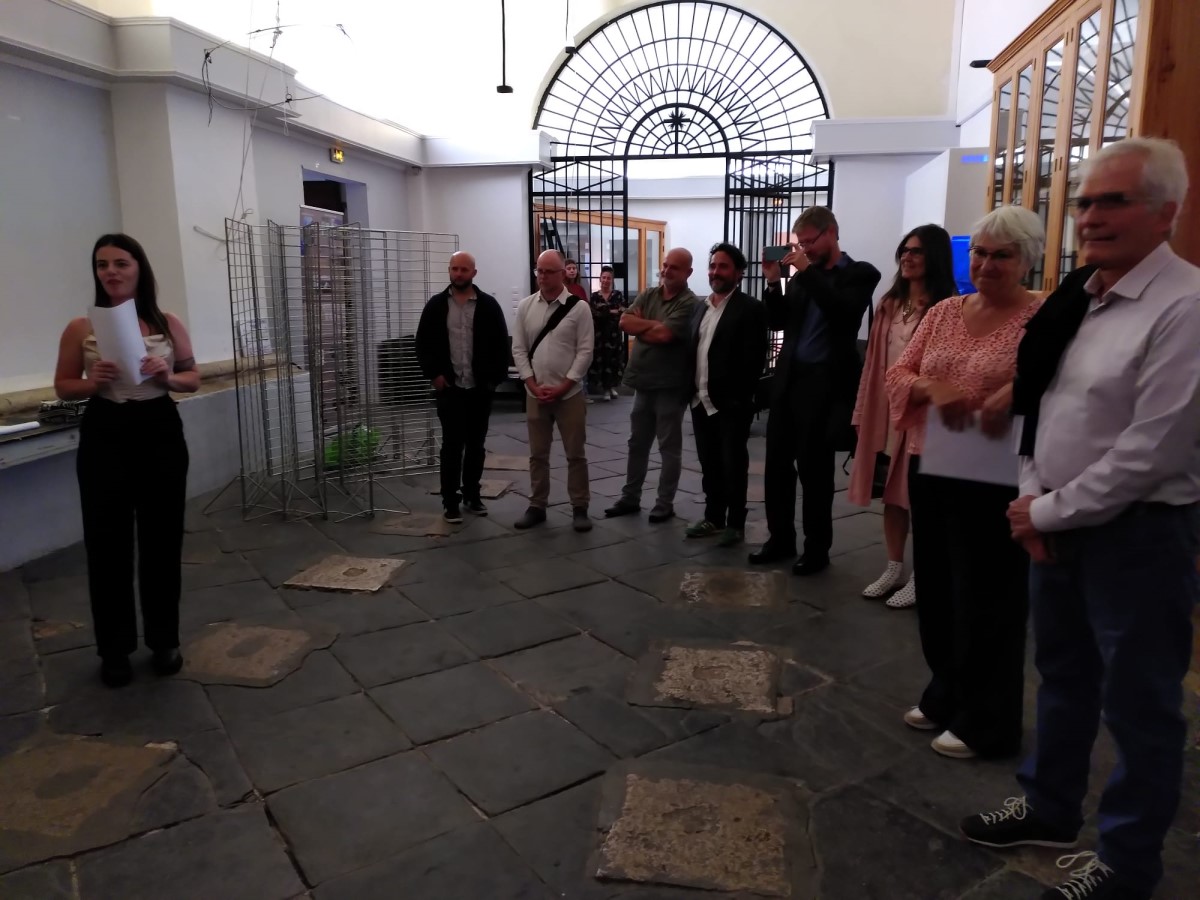
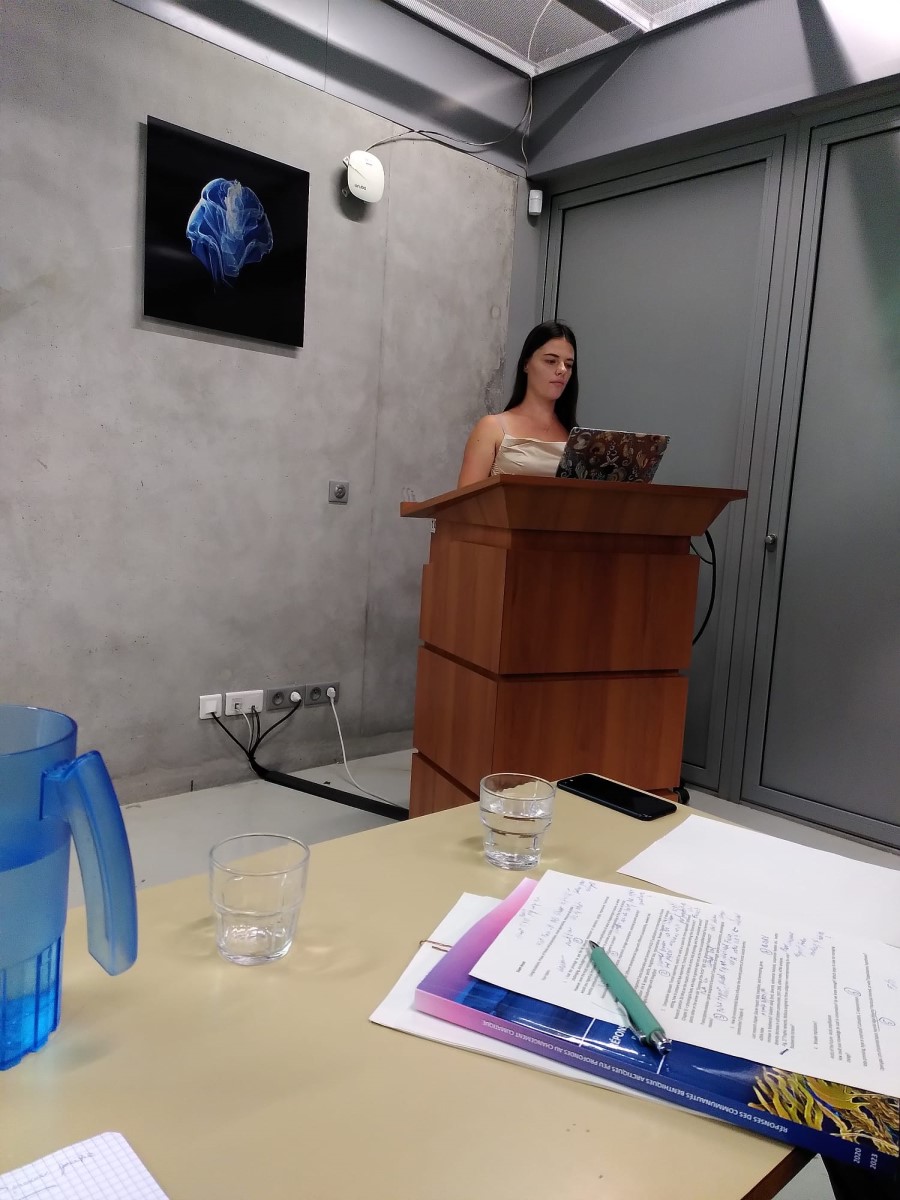
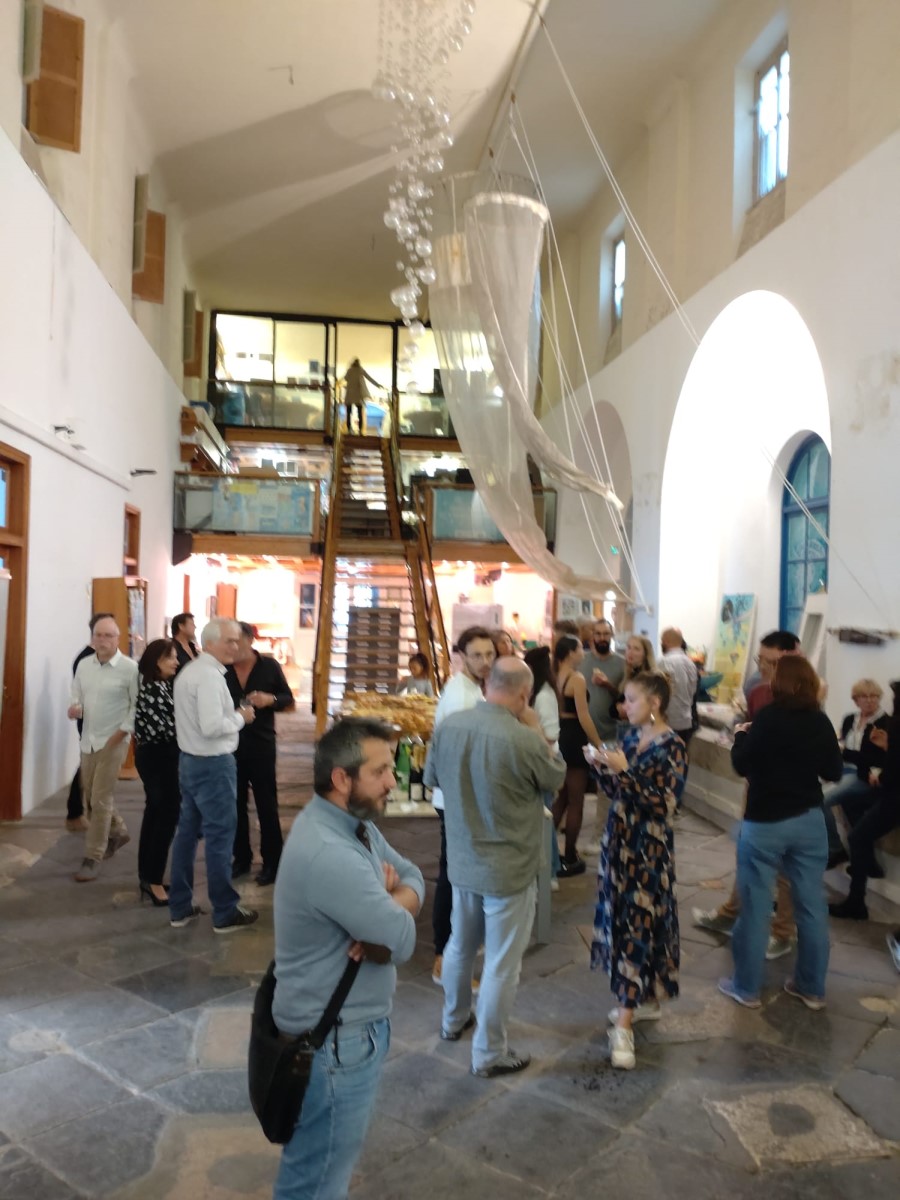
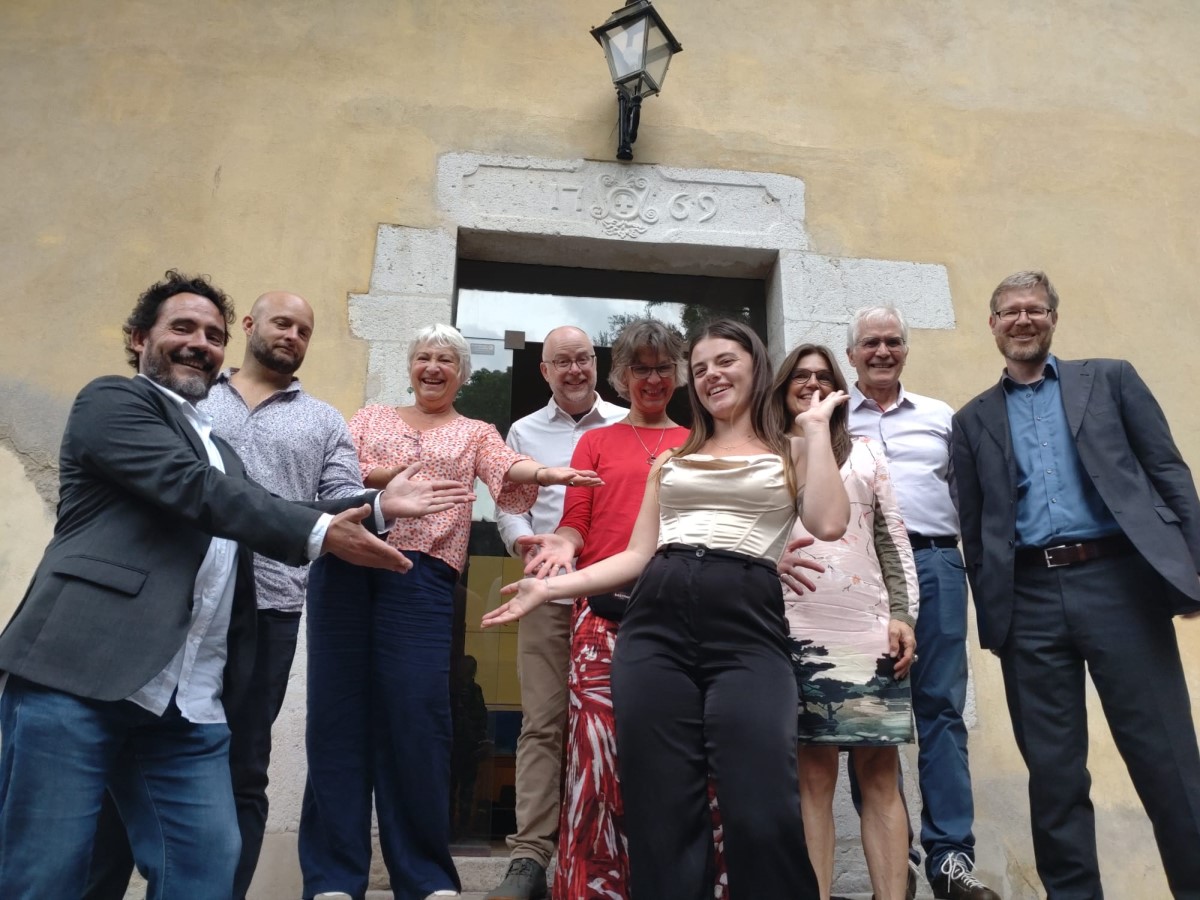
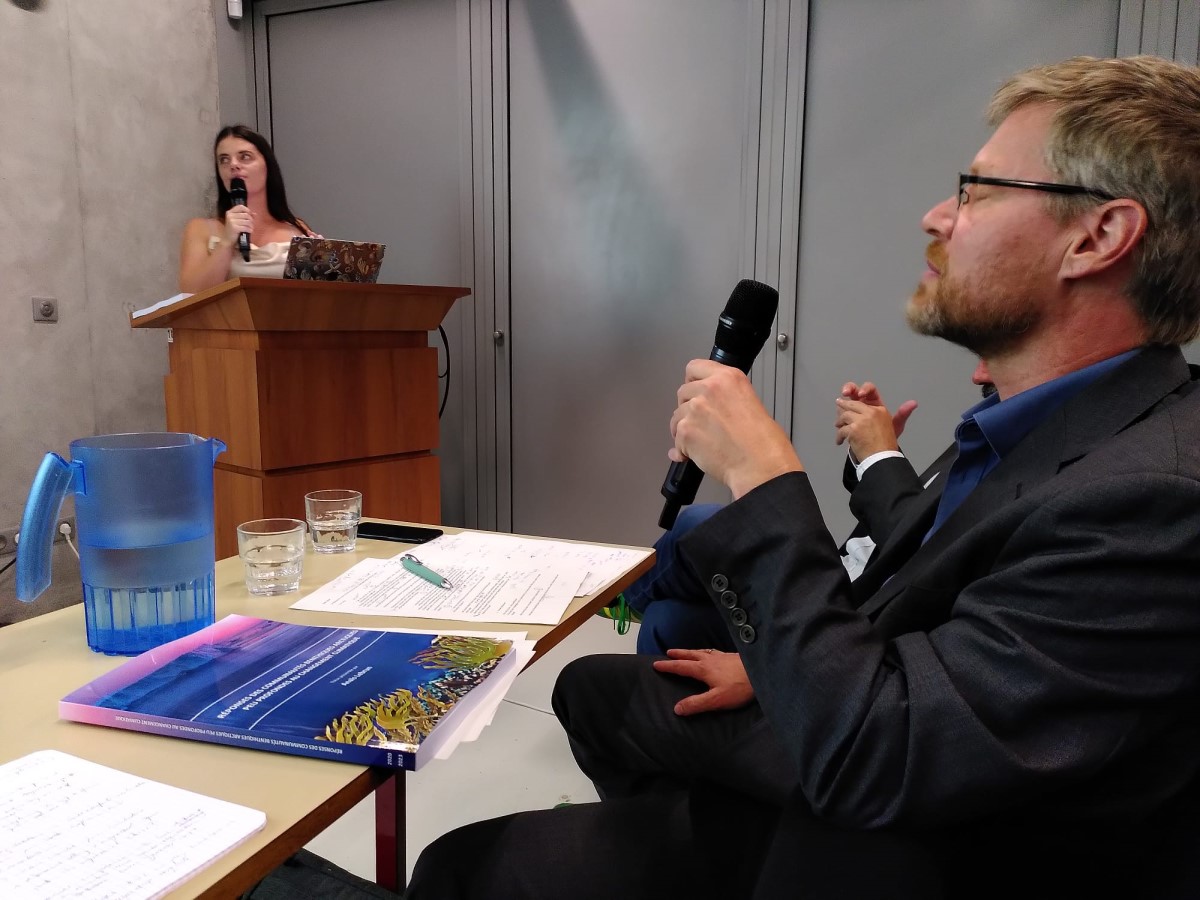
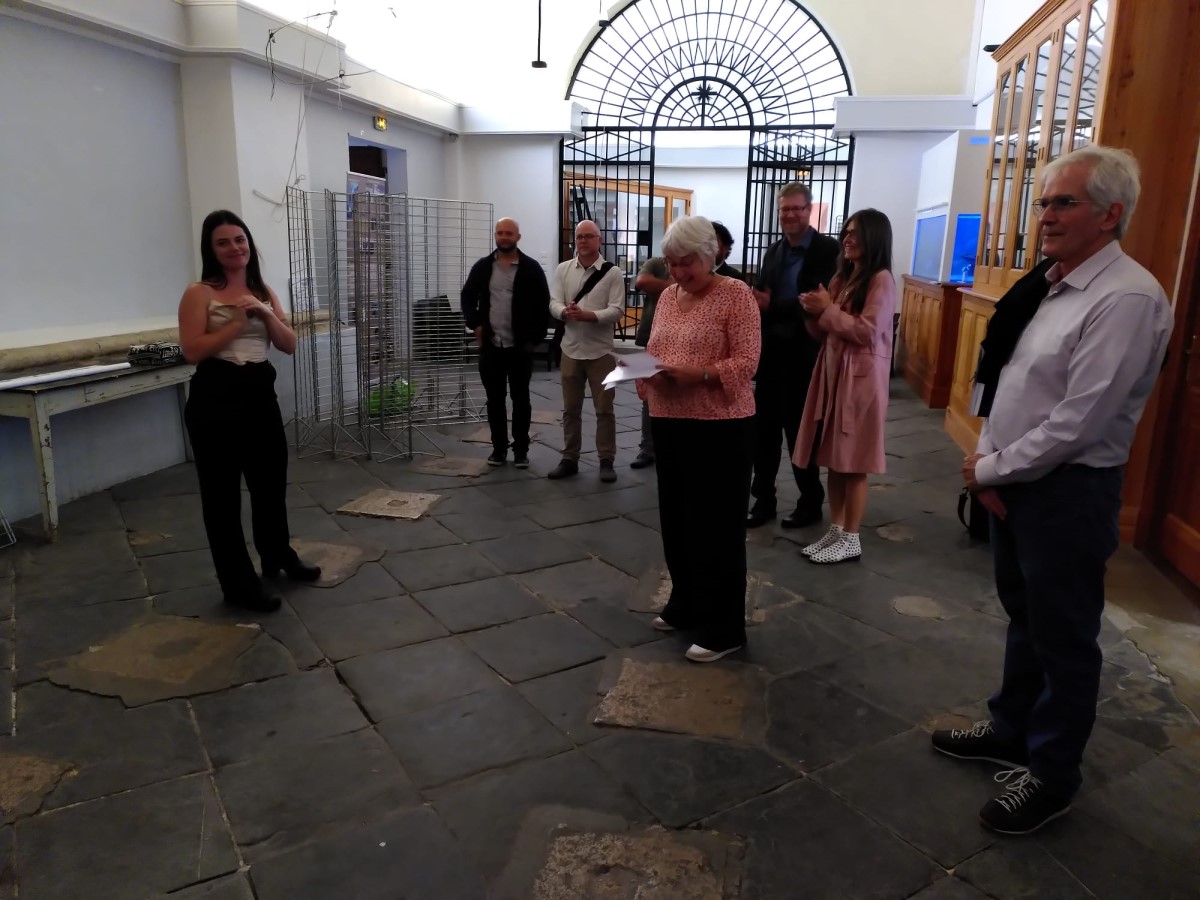
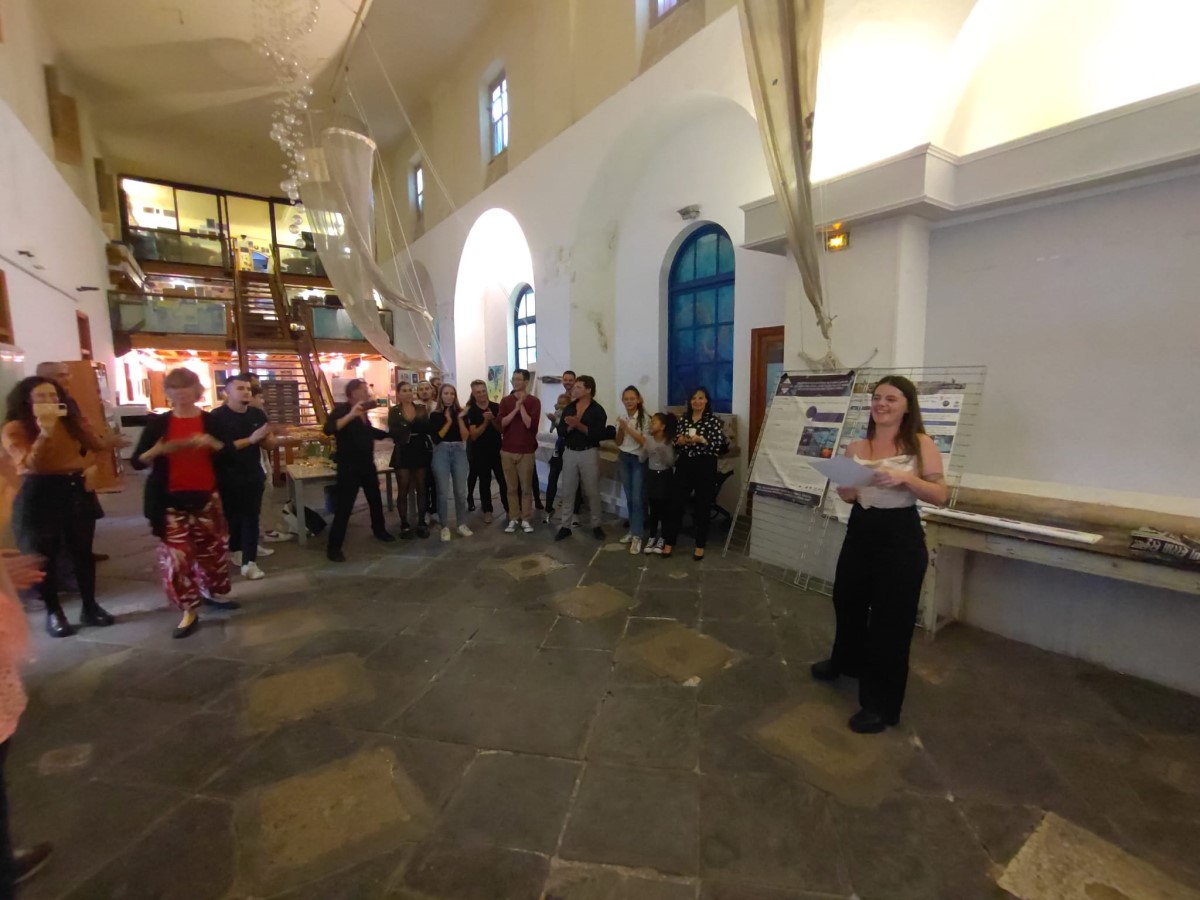
People involved
Anaïs LEBRUN
Role in FACE-IT:
• PhD student "Biodiversity Changes"
Sorbonne Université – CNRS, Laboratoire d’Océanographie de Villefranche, Villefranche sur Mer, France
ResearchGate
Jean-Pierre GATTUSO
Role in FACE-IT:
• Member of the Executive Board
• Leader "Identify Key Drivers and Data Management"
Sorbonne Université – CNRS, Laboratoire d’Océanographie de Villefranche, Villefranche sur Mer, France
Personal page
Mastodon
Kai BISCHOF
Role in FACE-IT:
• Scientific Coordinator
• Member of the Executive Board
• Co-Leader "Policy Dialogue and Outreach"
• Co-Leader "Project Management"
• Leader "Ethical Requirements"
• Researcher "Biodiversity Changes"
• Researcher "Ecosystem Function Changes"
Marine Botany, University of Bremen, Germany
Center for Marine Environmental Sciences MARUM, University of Bremen, Germany
UBremen personal page
Kai’s FACE-IT Projects
Dorte KRAUSE-JENSEN
Role in FACE-IT:
• Researcher "Ecosystem Function Changes"
Aarhus University, Department of Bioscience, Denmark
Aarhus University, Arctic Research Center, Denmark
AU personal page
ORCID
Inka BARTSCH
Role in FACE-IT:
• Researcher "Biodiversity Changes"
Alfred Wegener Institute, Helmholtz Centre for Polar and Marine Research, Bremerhaven, Germany
AWI personal page
Inka’s FACE-IT Projects

